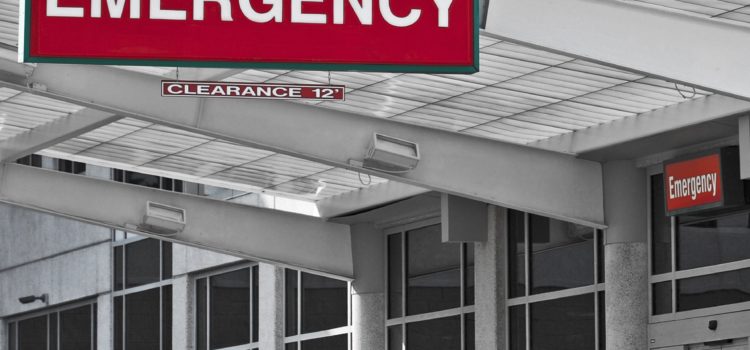The “normal” way of doing things is no longer possible for urgent care operators during the COVID-19 crisis. Many around the country are looking at ways they can continue to serve their communities and keep their workers engaged while others are opting to close or consolidate locations. Prevea Health in the Green Bay, WI area, for example, is letting the community know that one of its locations is now dedicated exclusively to patients with upper …
Read More









